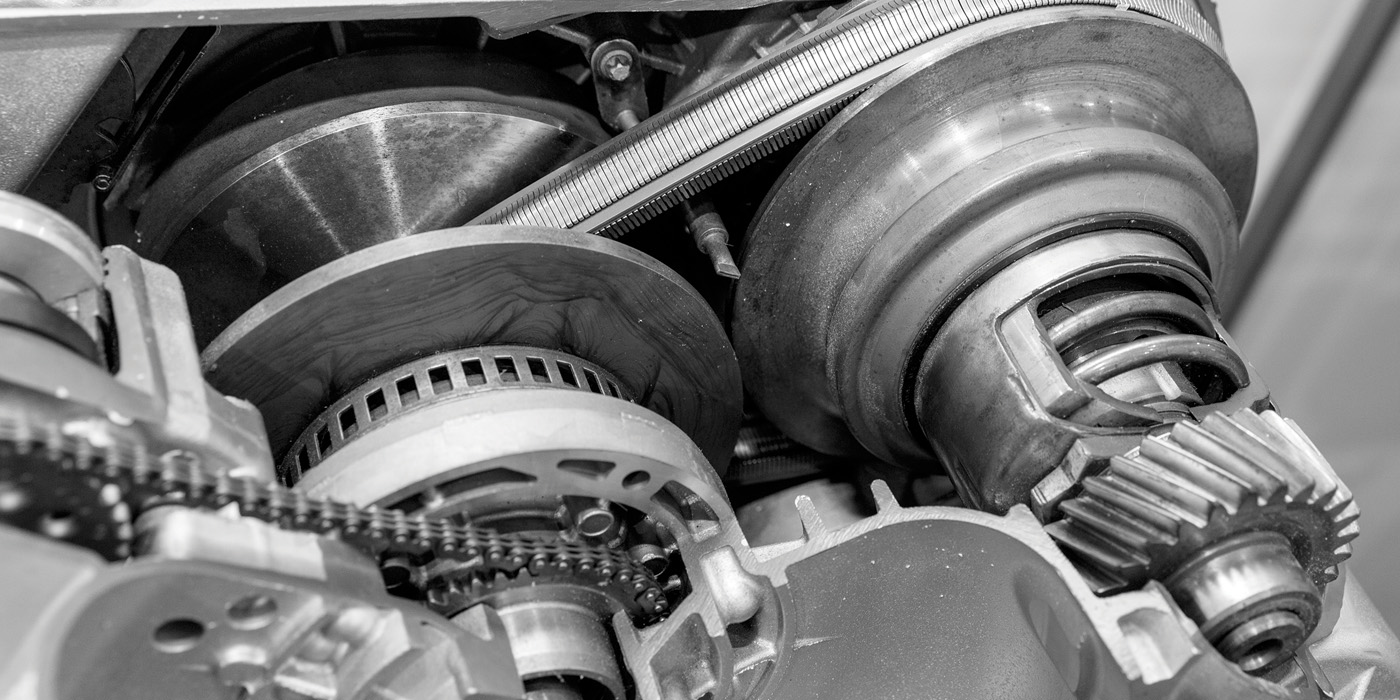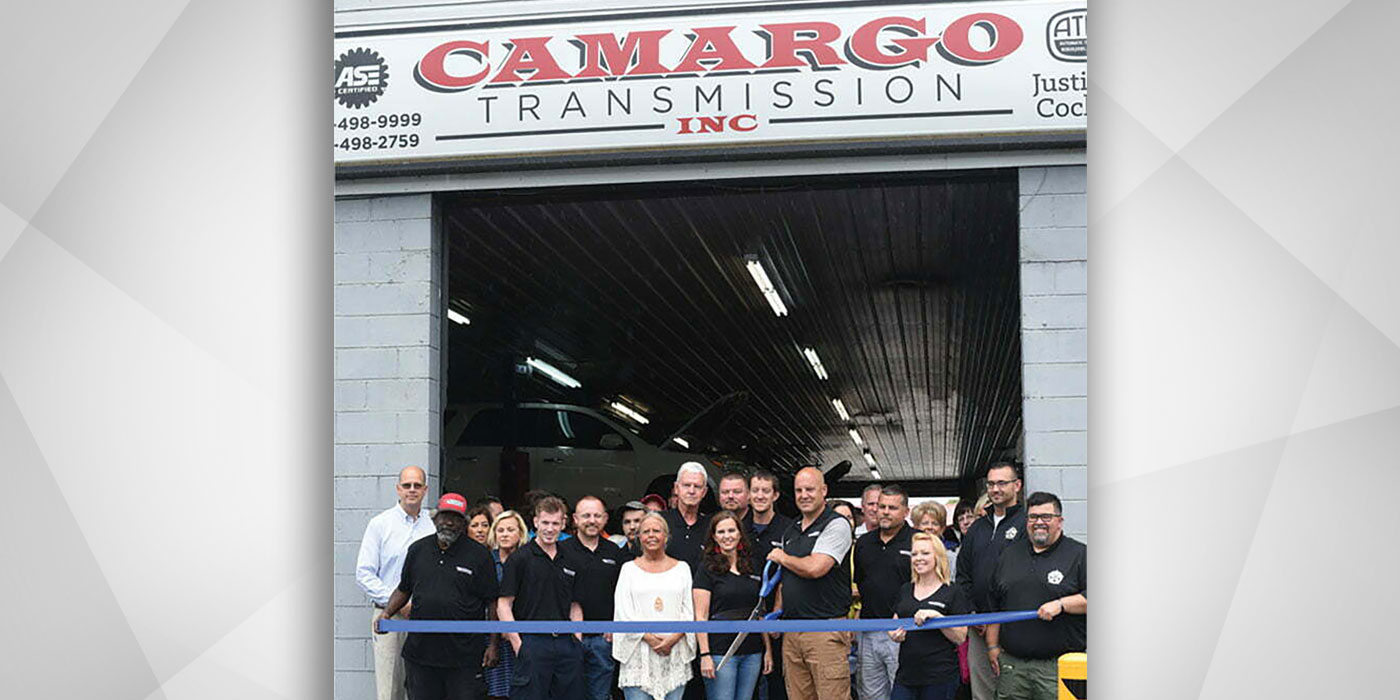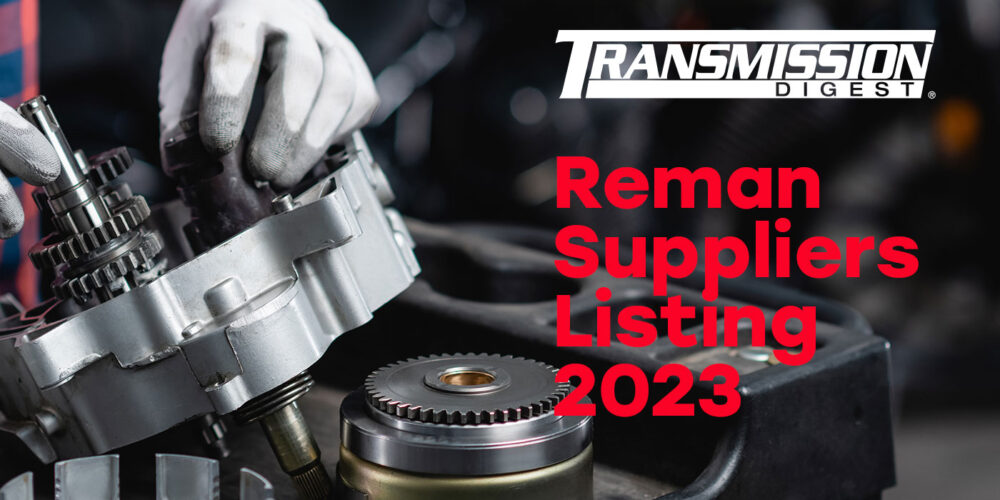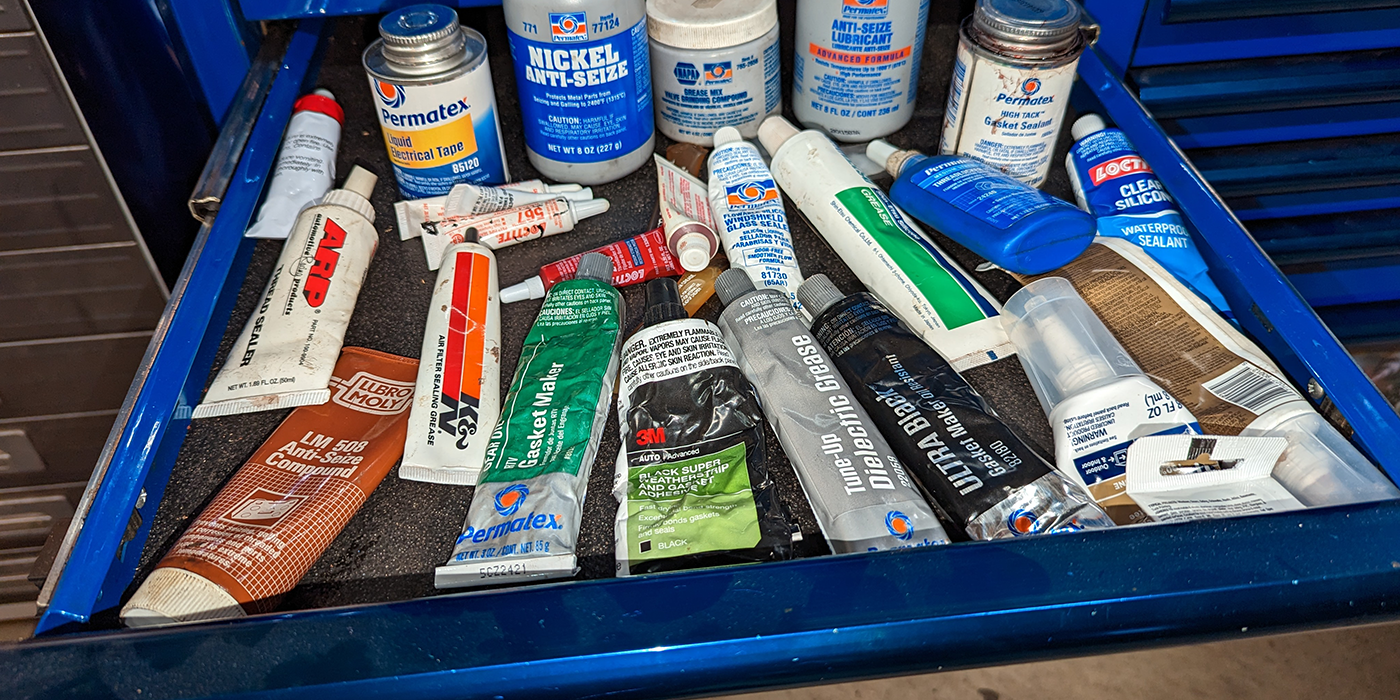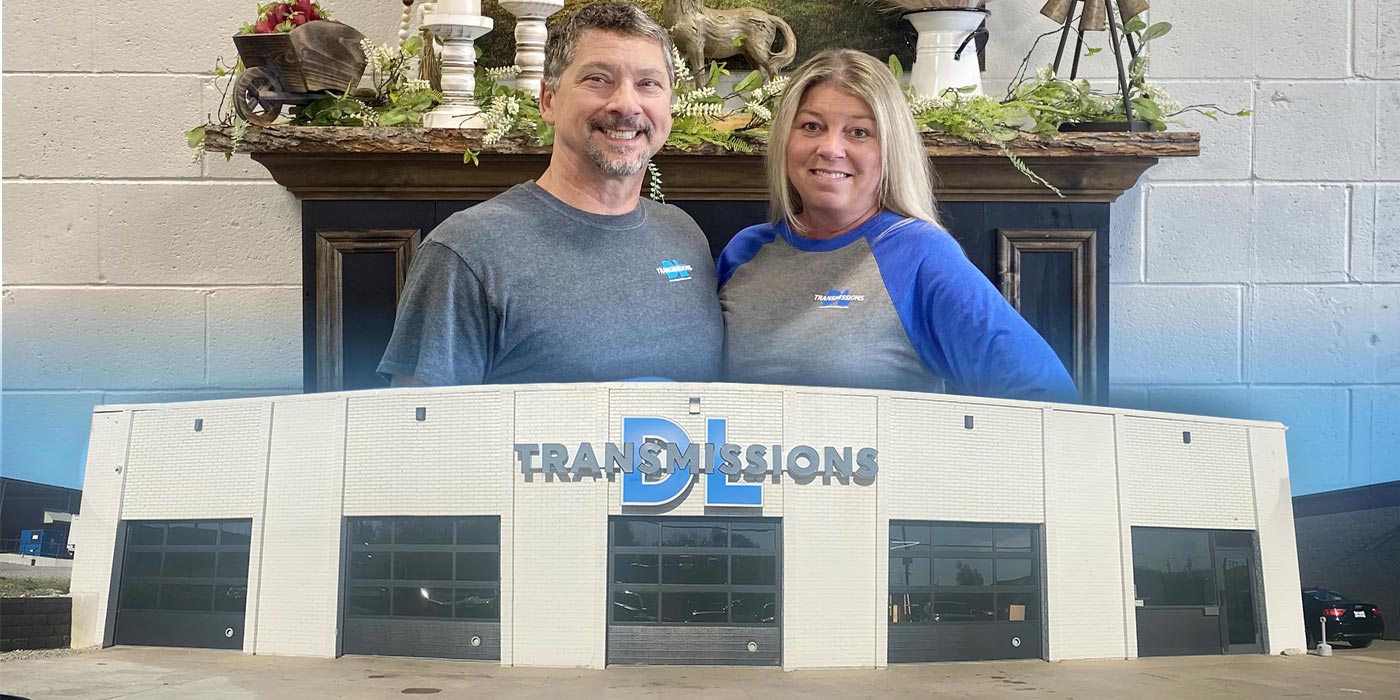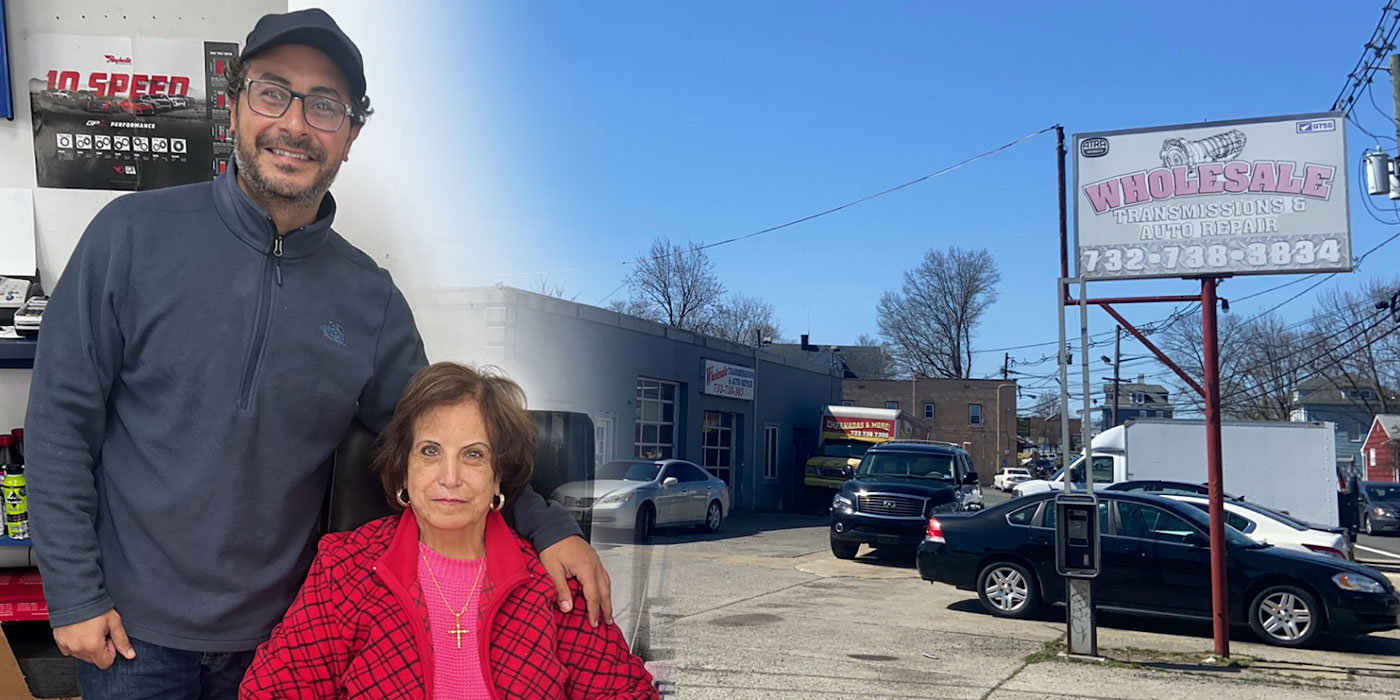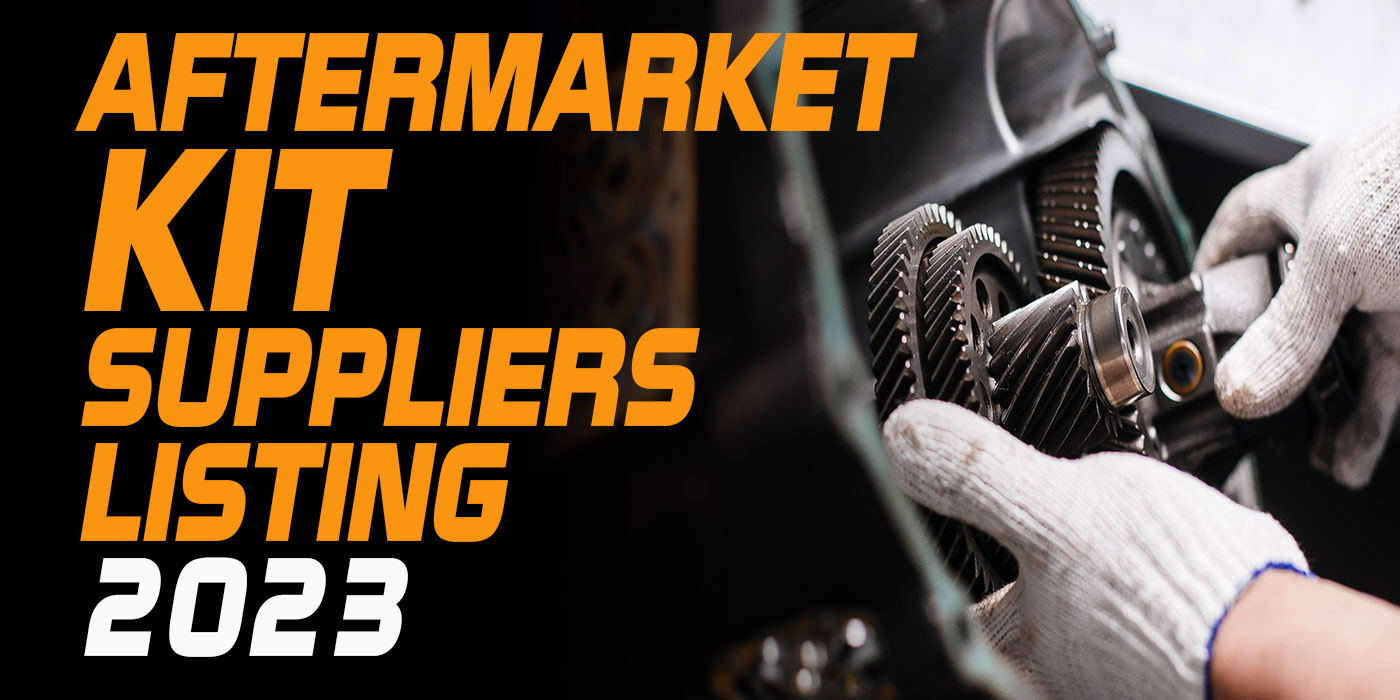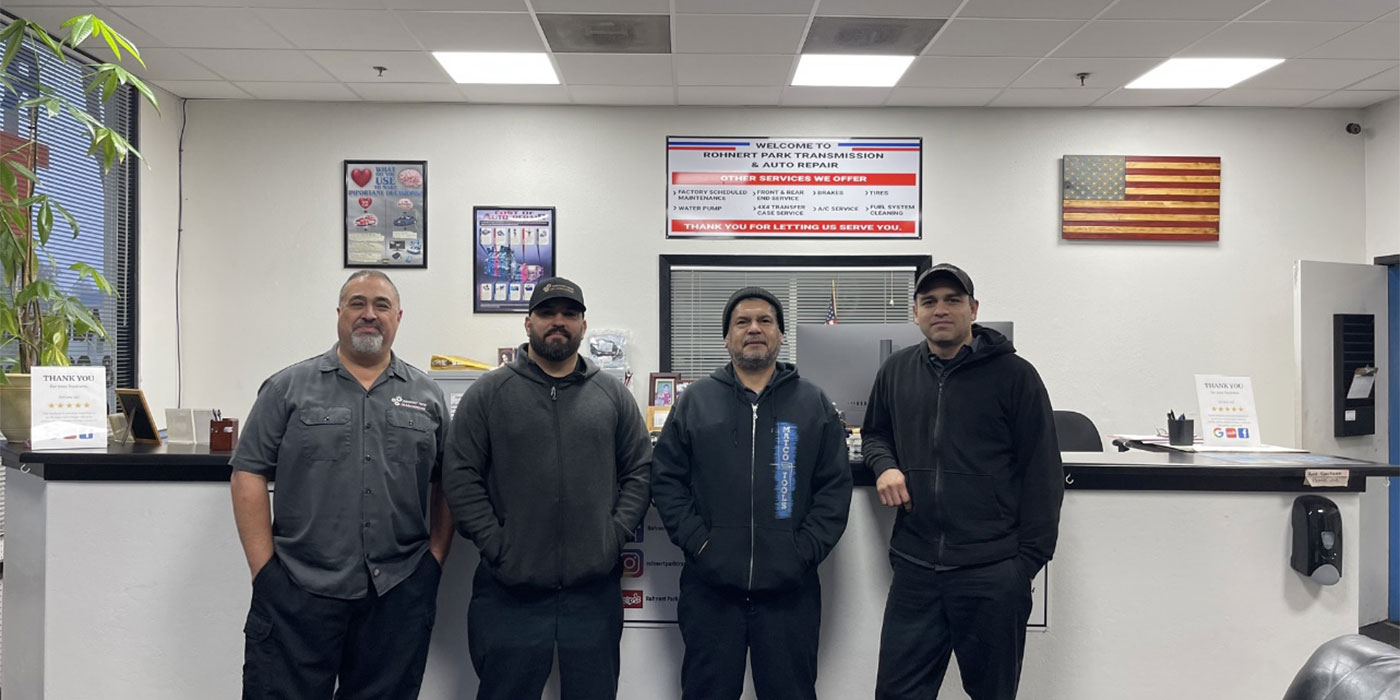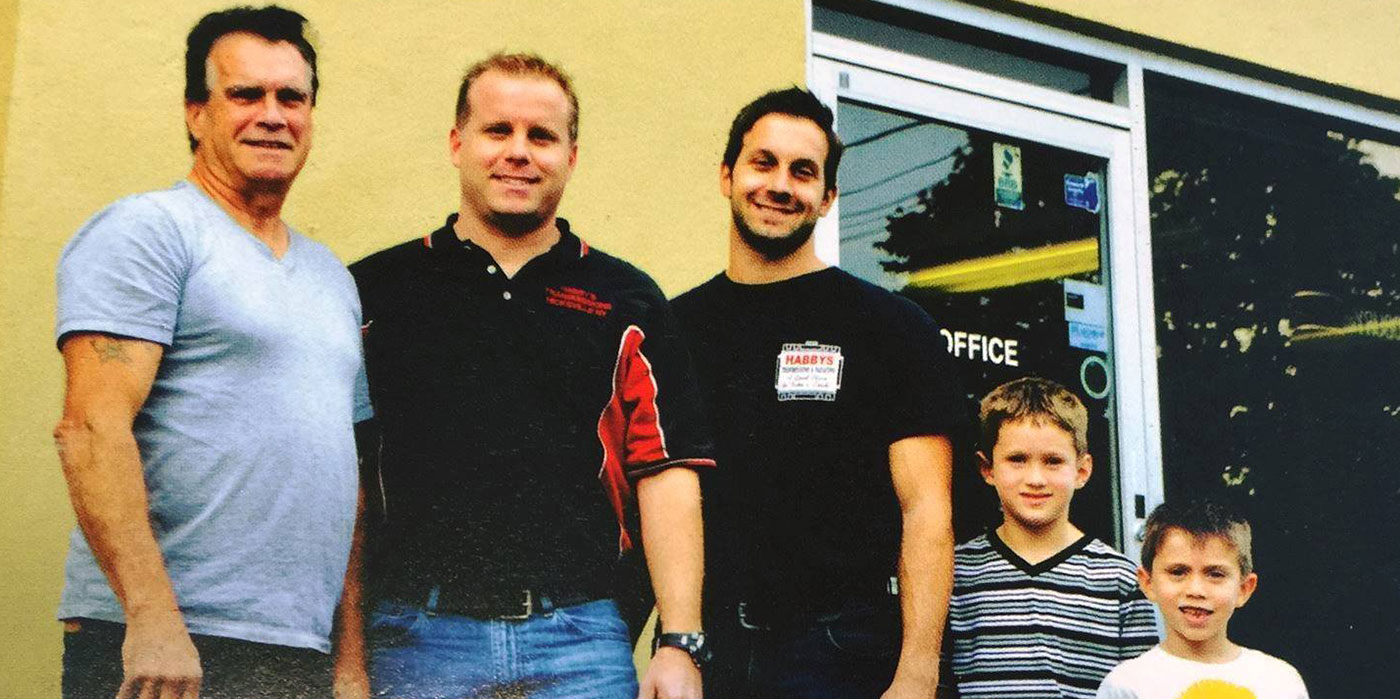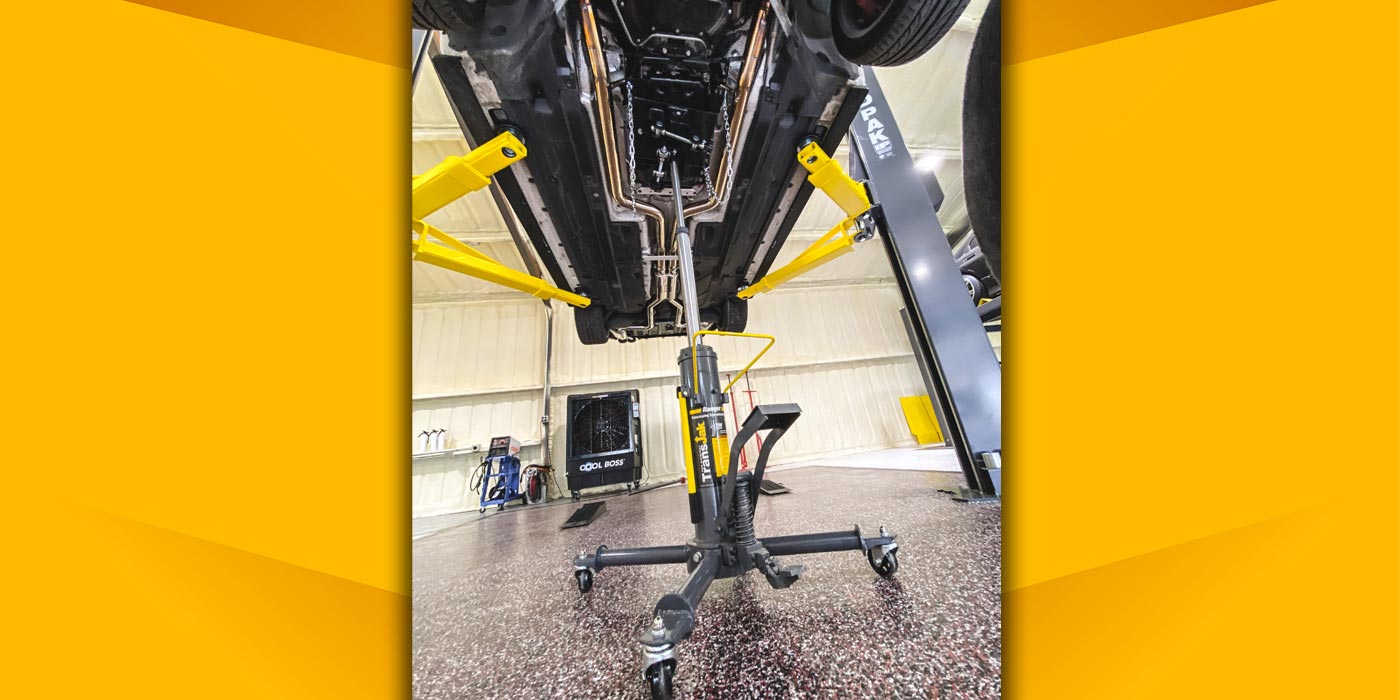
It’s Your Business
- Author: Terry Greenhut, Management Editor
Many of us have reached the age when we are thinking seriously about selling our shops and retiring. At the same time there is a new crop of 30- and 40-something-year-olds who are leaving the corporate world for a variety of reasons, ranging from being laid off or downsized to simply not wanting to deal any longer with the corporate grind. Some are finding their way to the transmission business through brokers who help them locate opportunities commensurate with their abilities and goals.
Some of those buy a franchise license agreement and then look for either an empty location or one that is existing and doing business so they don’t have to start from scratch. Then there are, as always, the technicians who have worked for someone else for years and now have decided to go it on their own.
The two types of buyers are very different. The corporate type can be someone who is college educated. He or she may be very good at dealing with issues in a large company environment but may not know anything about managing a small business on a daily basis. This individual probably won’t be well versed in the inner workings of a transmission shop and may not ever have had to deal with blue-collar-type employees. In his previous career there is a good chance that he never had to wear more than one hat, but now, all of a sudden, he will have to wear eight of them. He will be in charge of retail sales, wholesale and fleet, advertising, bookkeeping, accounting, employee management, production, public relations etc.
This type of buyer is looking for an investment in a business that will replace her salary and, at the same time, give her a chance to make a profit and have something to sell for a good buck when it’s time for her to pull the plug and retire.
This buyer is flat serious about making money. She isn’t going into this because cars are her hobby. It really doesn’t matter to her what the end product is. What matters is the money she can make from it.
If you expect this type of buyer to take a close look at your business, you have to make it look like one that would spark his interest. Remember, he’s used to the squeaky-clean corporate world of glass-and-chrome office buildings. Although he may want to get away from the politics of that environment, there are basics that he doesn’t want to give up. This buyer won’t give a second look to a dirty, run-down facility, and even if he did he wouldn’t think it was worth much or want to pay much for it. On the other hand, the mechanic who is looking to buy a shop might see some potential, even in one where he has to climb over cores to get to the service writer’s desk. But even at that, he won’t want to pay much for a shop that doesn’t have the proper curb appeal or feel.

Feel, by the way, is very important. Think about how you feel walking into any establishment for the first time. Are you comfortable? Do you feel safe? Do you think you will be treated well and professionally? Not that it has to be the snootiest garage in town where someone tries to pour you a cappuccino before you get to the waiting room, but one that makes you feel comfortable with the people and the surroundings.
One of the best investments a shop owner can make is in paint and cleaning supplies when he is getting ready to sell. Not that the shop shouldn’t have looked good the whole time it was in business, but now it will be looked at with the far more critical eye of a broker and a prospect.
The bottom line is the bottom line. (I always wanted to say that. But it’s true.) The corporate buyer wants to see the numbers. That’s what’s most important. Does this shop make money, and does it have the potential to give her what she expects from getting involved in this business? If she can’t see it and the owner can’t prove it, she isn’t going to buy it. This type of buyer isn’t interested in dealing with the old-type owner who keeps all his bills and receipts on an eight-inch spike that sticks up from a piece of 2-by-4 and winks twice when he’s asked whether the shop makes money.
Preparation for the sale is key, but it can’t begin a month before the owner wants to sell. It has to start three or four years prior. I know planning is a dirty word in the auto-repair business, where many owners live from week to week, but in this instance you will have to. A prospect will want to look back at least two or three years to see what the shop has done to project what it might do.
The business needs to show a profit over and above a realistic owner’s salary, or the owner needs to take a salary and/or bonuses high enough to show the equivalent of such a profit. That’s the only way lenders will be interested in providing the financing. They will want to see at least two or three years and also will want projections of future income.
A long-term lease or an option to buy the building must be present. No one will pay good money or lend money for a shop that might have to be moved in a few years. If you are buying the business, buying the property might be the best long-term investment you’ll ever make.

Sellers beware! Franchisers are instructing new licensees not to take on the responsibility of the previous owners’ comebacks. This is an unknown quantity that can burn its way through the new owners’ operating capital in short order. I know this is hard to believe, but there are some owners who, when they know they have only a few months to go, start putting out garbage, figuring the next owner will get stuck with it. It’s sad, but true. It’s happened too many times. If the seller says not taking on his comebacks is a deal-breaker, let the deal break. Walk away. It’s a tip-off that you will be buried in his comebacks.
The right way to do it is to set up an escrow fund for the amount of potential warranty repairs. The length of all issued warranties and the possible cost of repairs should be taken into account. For example, if $50,000 out of the purchase price of the shop were placed in the fund and all the issued warranties were 12 months/12,000 miles, any money that the new owner laid out for warranty repairs would be repaid directly from the fund. After a few months, as the exposure decreases, the old owner could draw some money from the fund. When the risk is completed because all the warranties and grace periods have expired, the former owner can draw out what’s left of the $50,000. If I were a buyer and the owner refused to make that accommodation, I would suspect the quality of not only the recent work but also of all that came before it.
For the owner who’s selling out, my advice is not to hold the paper; in other words, get paid in full for the business, other than the comeback escrow account. Let the buyer finance it somewhere else. You may want to hold the mortgage on the building because it’s a tangible asset that you can repossess if you need to, but the business can be ruined if you get it back, forcing you to take over and once more start from scratch to build it up and again try to sell it.
If you are the buyer, try to make a deal with the existing employees well in advance of the sale so that they don’t leave. Any owner who thinks his employees don’t know when he puts the business up for sale is living in a dream world. They know everything, and usually before the owner. If nothing is said to them, they naturally think the worst and start looking for other jobs. A new owner may even be willing to pay a little more to ensure that good employees stay.
Whether you are a buyer or a seller, do your homework. Some pre-planning on the seller’s part and some due diligence on the buyer’s will go a long way toward a happy outcome.

Visit www.TerryGreenhut.com.

